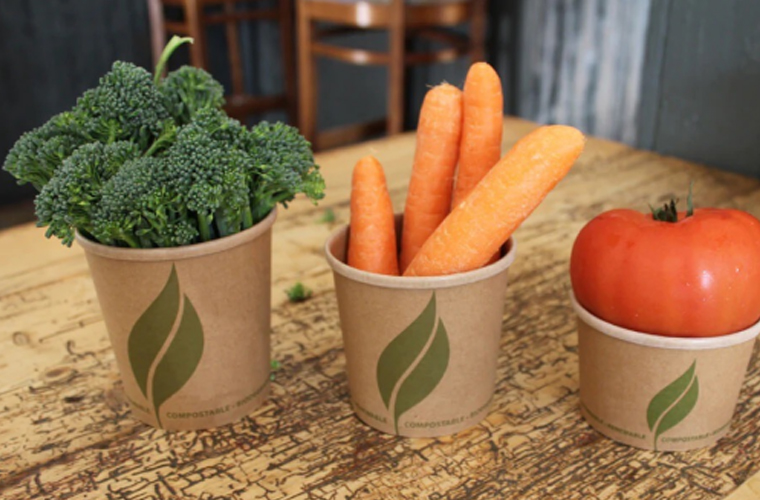The Importance of Meat Cartons in Modern Logistics
In today's rapidly evolving supply chain landscape, the packaging and transportation of goods have never been more crucial. Among these goods, meat products stand out due to their perishable nature and the strict regulations governing their handling. One of the pivotal elements in ensuring the safe and efficient transport of meat products is the utilization of meat cartons. These specialized containers play a significant role in maintaining product integrity, ensuring safety, and optimizing logistics processes.
Understanding Meat Cartons
Meat cartons are specially designed packaging solutions created to transport various types of meat, including beef, pork, poultry, and fish. Unlike ordinary cardboard boxes, meat cartons are engineered to meet specific industry standards, ensuring they can withstand the rigorous demands of the meat supply chain. Usually made from high-quality materials, these cartons are often lined with polyethylene or other moisture-resistant materials to prevent leakage and contamination.
One of the standout features of meat cartons is their insulation properties. Maintaining an optimal temperature is vital to prevent spoilage and preserve the quality of meat products. Many meat cartons are designed with thermal insulation techniques to ensure that the contents remain at the necessary cold temperatures throughout transportation. This capability is essential in a world where consumers expect fresh and safe products delivered straight to their doors or grocery stores.
Safety and Hygiene Standards
Food safety is of utmost importance in the meat industry, and meat cartons are designed to comply with strict hygiene standards
. They are typically made with food-grade materials that discourage bacterial growth and can easily be cleaned or recycled after use. In addition, these cartons often feature tamper-proof seals and clear labeling, allowing for better traceability and identification of the products inside. This level of vigilance is critical, especially in a market where foodborne illnesses can have severe repercussions for manufacturers and consumers alike.meat cartons

Sustainability and Environmental Considerations
With the growing emphasis on sustainability, the meat packaging industry is not exempt from scrutiny and innovation. Meat cartons are increasingly being produced from recycled or sustainably sourced materials, minimizing the environmental impact as consumers become more aware of their carbon footprints. Recent advancements in biodegradable packaging materials have led to the development of more eco-friendly meat cartons, aligning producers with consumer values and regulatory demands for greener practices.
Impact on Logistics and Distribution
The role of meat cartons extends beyond packaging; they significantly influence logistics and distribution processes as well. Properly designed meat cartons enable optimized stacking and loading, maximizing space in transportation vehicles and warehouses. This efficiency can lead to reduced transport costs and a minimized carbon footprint, making supply chains more sustainable and economically viable.
Furthermore, the durability and robustness of meat cartons ensure that products can withstand the rigors of transportation, whether by truck, air, or rail. This reliability is critical in maintaining the cold chain, reducing the likelihood of spoilage before the products reach their destination. In an industry where time is often of the essence, the efficiency brought about by high-quality meat cartons increases the speed at which products can move from the farm to the consumer's table.
Conclusion
In a world that values convenience and quality, meat cartons serve as a critical component of the meat supply chain. From ensuring food safety and hygiene to promoting sustainability and efficiency in logistics, these packaging solutions are fundamental to the modern meat industry. As regulations evolve and consumer preferences shift, the development and use of advanced meat cartons will continue to play a vital role in safeguarding the integrity of one of humanity's oldest food sources. Understanding the significance of these cartons can lead to better practices across the board, ultimately benefiting producers, distributors, and consumers alike.



